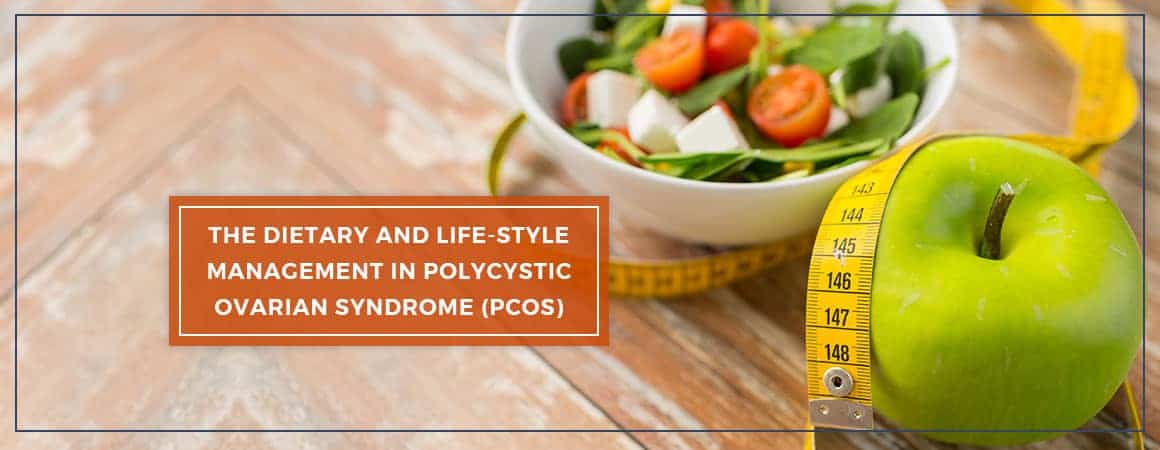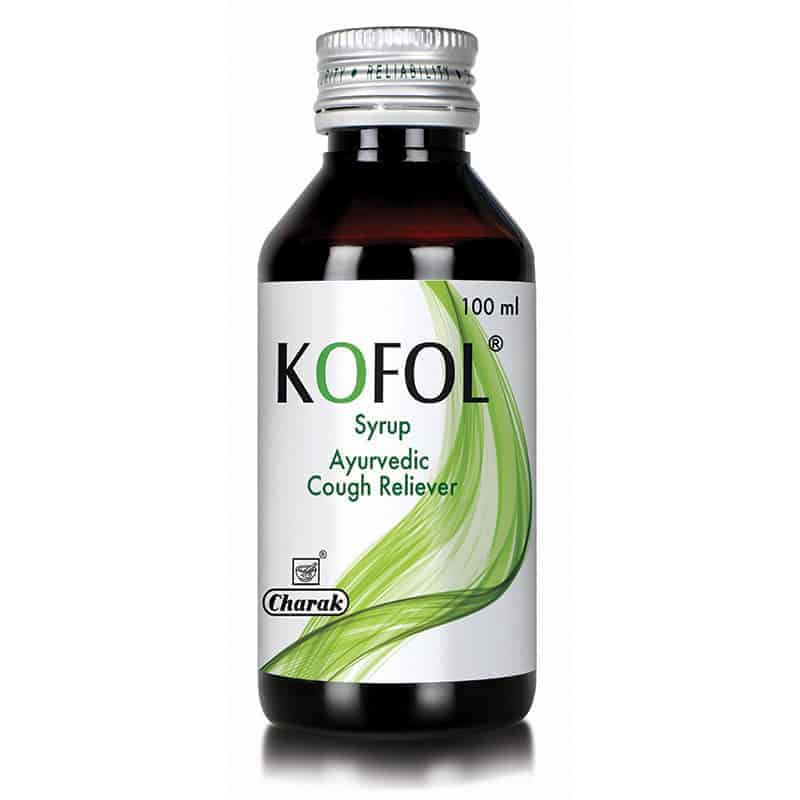Polycystic ovary syndrome (PCOS) is typically earmarked by irregular periods or by no menstruation at all. Women with PCOS typically have multiple cysts in their ovaries, caused by an overproduction of hormones called androgens.
Around 50 percent of women with the disorder are overweight or obese. Common symptoms include acne, hirsutism (hairiness), and male pattern baldness.
While it is always important to consult your doctor about serious conditions, there are a few well recognized diet and lifestyle changes that can help reduce the severity and prevalence of PCOS symptoms.
1. Eat and Drink Wisely:
Low glycemic index (GI) foods are carbohydrates that are absorbed into the body slowly and therefore, don’t result in a dramatic spike in blood glucose levels. This will result in subsequent drop in insulin levels.
By decreasing the amounts of high-GI foods that cause sugar spikes, such as refined sugars, white bread, simple starches and processed foods, your blood sugars will be kept in balance which will result in less extreme cravings and mood swings
2. Balance Your Daily Intake of Protein and Carbohydrates
Eating equal amounts of protein and carbohydrates assists in keeping your insulin levels even, therefore, maintaining a healthy balance of hormones. The type of carbohydrates that you eat is also an important factor in this process. Try to consume only wholegrain, or sprouted grain products as they naturally contain more protein and fiber than their processed equivalents. Fiber is another important element that assists in managing PCOS, as it slows the digestion of sugars within the body
3. Limit Junk Food and Avoid Binge Eating:
Junk foods can trigger binge eating episodes in some women, especially when you’re stressed or emotional. Added sugars, in particular, increase insulin resistance and can contribute to weight gain in the context of excess calories.
4. Daily Exercise to Stay Active and Fit:
Exercise is an important component in treating PCOS as it improves insulin sensitivity, enhances metabolism and helps to shed any excess weight which might come about as a result of hormone imbalances. A variety of different exercise is recommended, ranging from resistance training to aerobic workouts. It is found that people who participate in resistance training showed better improvement in insulin sensitivity than those who only took part in aerobic exercise.
5. Limit your Coffee intake:
Research shows that drinking two cups of coffee a day increases levels of estradiol, a natural estrogen, while drinking 4 – 5 cups of coffee a day produces 70% more estrogen in the follicular phase of a woman’s menstrual cycle. This has the potential to substantially affect hormonal balance.
6. Yoga:
Most beneficial yoga asanas for PCOS are Bhujangasana, Chakki Chalana and Nuaka Chalana asana and Naukasana. These asanas done regularly for 1-2 months will have the definite effect to reduce weight, improve ovarian functions and to restore menstrual regularity in women with PCOS.
7. Practice Meditation:
Meditation trains the mind to be more present and focused. It’s been shown to reduce stress-related overeating and increase recognition of hunger and satiety signals. Thus, it may be helpful in controlling body weight in PCOS condition.
HOW TO CURE PCOS NATURALLY?
Hyponidd is best ayurvedic medicine for PCOS manufactured by Charak Pharma.
ROLE OF HYPONIDD in PCOS:
- HYPONIDD is a best ayurvedic medicine for PCOS improves ovulatory function and corrects several metabolic derangements associated with insulin resistance.
- HYPONIDD decreases the insulin resistance and thereby, corrects the three axes namely metabolic, reproductive and steroidogenic.
- It reduces the free testosterone level and hence decreases androgenic features like acne, hirsutism, alopecia and acanthosis nigricans.
- It increases the insulin sensitivity and thus corrects lipid metabolism and reduces dyslipidemia.
- Further HYPONIDD normalizes FSH-LH levels, induces ovulation and thus enhances fertility outcomes
- Haridra in HYPONIDD shows anti-androgenic properties that help to correct hormonal imbalances, thereby restoring normal ovulation and reproductive function.
So follow these simple but yet effective diet and life style management tips for beneficial effects in polycystic ovarian syndrome.







